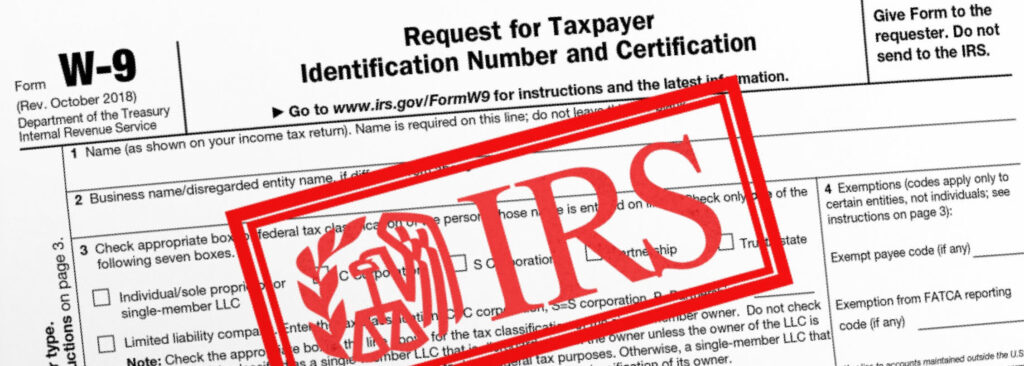I may love California and San Francisco, but seems like the Franchise Tax Board and City have difficulty loving back at times. All too often I work with small businesses that made rookie mistakes at the start. Here are a few that tend to come up often:
- Incorporated in Delaware or another state to avoid California tax
If you do business in California as a corporation or limited liability company, expect to pay the minimum franchise tax of $800 along with fees from the other state. More on what California defines as “doing business” HERE.
- Late registration with the city of San Francisco
If you do business in San Francisco, you are required to register with the city no less than 15 days after the business start date. Renewal and payment is required by May 31st, effective July 1. Expect further requirements for reporting property tax and payroll tax if you have employees. More at the city site HERE.
- Late registration with the Board of Equalization for California Sales tax
So you received funding for your Kickstarter campaign to reinvent the wallet. Selling tangible product to California residents almost certainly require collecting and paying sales tax. More on sales tax HERE.
- Late payment of estimated taxes for personal income tax
Being independent and actually making money is going to give rise to tax. Even a modest profit for the year, of say $20,000 can create significant self-employment tax which can hurt if you have limited savings. Generally tax is due as you earn the money. This requires quarterly estimated tax payments.
- Poor payroll and independent contractor management
Payroll creates a glut of city, state, and federal requirements, some of which are not automatically handled through services such as QuickBooks or Zen Payroll. Workers’ compensation insurance, required time off accruals, health insurance compliance, San Francisco taxes and more create time consuming and costly compliance.
- Thinking everything is deductible
Your commute, general meals, and most of your rent is likely not deductible. You may be shocked to also find out that your new $80,000 is not fully deductible. You might have more profit than you think, which may mean more California tax.
- Lack of planning for decision making
Running off to Legal Zoom to create your next startup without doing your research will have its costs. Get advice before action and plan for taxes before the current year is up.
- Doing everything except actually filing the “paperwork”
This comes in at an awkward number eight as it just came up. California can offer a $800 first year corporate tax waiver in some cases. But if you do not file properly with the secretary of state, there is no waiver. This is just one example of a “lack of follow-through penalty.” Whether a corporate filing, election, return, or estimate– it must be filed or made. These situations are more common than you would imagine. Follow-through with the proper plan.
So where is the California Love?
The Bay Area provides incomparable business opportunities at a high cost. High rents, high taxes, high competition, high penalties, everything is expensive and should be considered. The Franchise Tax Board will almost never remove penalties and interest for businesses and individuals not caught up on compliance requirements. Interest abatement requests are summarily denied as the FTB will only provide relief if the law provides an “exception” and for businesses, there are “no reasonable cause exceptions for abatement of interest.” Nice. The IRS interestingly, is much more likely to waive penalty and interest if you happen to be in that position, see my penalty abatement letter HERE.
The United States is incredibly business friendly, but state and local governments have added additional layers of tax and complication that early business owners are often not aware of. A little time and money invested in staying compliant at the onset will save much more in taxes, fees, and headache later. This is a cost of doing business and should not be underestimated.
Checkout my Small Business Tax Planning Seminar, online for your convenience to learn more. California tax notices starting to look a bit frightening, or has the FTB started to help themselves from your bank account? Please be sure to get in touch right away to see how I can help.
John Gillingham is a San Francisco CPA who focuses on small businesses and highly compensated employees, primarily in the tech space. The firm’s mission statement is captured in two words: Value Added. We look to go beyond compliance work to provide savings, planning, and long-term advisory.
Other resources from John Gillingham:
Learn Accounting: https://accountingplay.com/
Get the App: Lessons, Audio, and Illustrated Accounting Flashcards for iOS on Android
Get the App: Learn Accounting Debits and Credits with the game on iOS
My Innovative Accounting Books: Amazon Kindle



